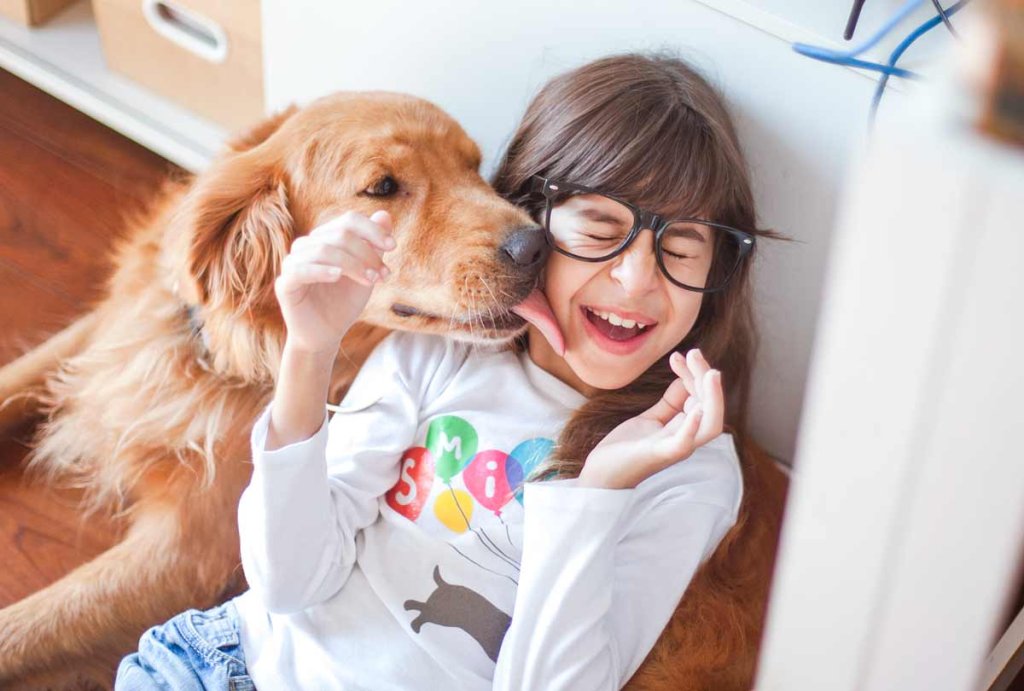Many dog owners have experienced it at some point: that unpleasant, foul odor emanating from their furry friend’s mouth. Doggy bad breath, also known as halitosis in dogs, can be a common issue and often leaves pet owners wondering, “can dogs have peppermint?” It’s unpleasant for the pet owner and can indicate underlying dental or health problems in the dog. Fortunately, there are various tips and tricks to help combat doggy bad breath, and peppermint is one of the natural remedies that has gained popularity. This article explores whether it can help with doggy bad breath and provides useful tips and tricks to keep your furry companion’s breath smelling fresh.
Understanding the Causes of Doggy Bad Breath:
Before diving into its potential benefits, it’s essential to understand what causes bad breath in dogs. There are several reasons why your dog may have foul-smelling breath:
Dental Issues: Dogs have smelly breath when they don’t take good care of their teeth. Plaque and tartar buildup can lead to bacterial growth and an unpleasant odor.
Diet: The type of food your dog consumes can also impact their breath. Low-quality or inappropriate diets can contribute to bad breath.
Gastrointestinal Problems: Certain gastrointestinal issues, such as gastritis or stomach infections, can lead to bad breath in dogs.
Underlying Health Conditions: Sometimes, bad breath can indicate an underlying health problem, such as diabetes or kidney disease. It’s crucial to consult a veterinarian if you suspect an underlying issue.
The Potential Benefits of This Herb:
It is a popular herb known for its refreshing and soothing properties in humans. Many pet owners wonder if it can benefit their furry companions similarly. While there is no one-size-fits-all solution for doggy bad breath, it does offer some potential advantages:
Natural Freshness: It has a naturally fresh and minty scent, which can help mask bad breath temporarily. Giving your dog peppermint-flavored treats or toys can provide a quick, refreshing breath boost.
Antibacterial Properties: It contains compounds with mild antibacterial properties. These properties can help reduce the bacterial growth in your dog’s mouth, which is often a leading cause of bad breath.
Digestive Aid: It can also aid in digestion. If your dog has a stinky breath because their tummy feels funny, peppermint might make their tummy feel better and make their breath less stinky, but not directly.
Tips and Tricks for Using This Herb:
Now that you know the potential benefits of this herb, here are some tips and tricks to effectively use it to combat your dog’s bad breath:
Peppermint-Infused Toys and Treats: Look for dog toys and treats infused with natural peppermint oil or flavor. These can provide a fun and tasty way to freshen your dog’s breath.
Homemade Peppermint Spray: You can create a peppermint breath spray for your dog. Mix a few drops of essential oil with water in a spray bottle, then softly spray it in your dog’s mouth, being careful not to get it in their eyes. This will make their breath smell better.
Brushing with Peppermint Toothpaste: Invest in dog-friendly toothpaste that contains peppermint. Brushing can often take away the yucky stuff on teeth and improve their breath.
Consult Your Veterinarian: If your dog’s bad breath persists despite your efforts, it’s essential to consult your veterinarian. They can assess your dog’s overall health and dental condition to rule out underlying issues.
Summing it Up:
It can be a valuable tool to combat doggy bad breath, answering the question, “can dogs have peppermint?” – Absolutely, yes. Its natural freshness, antibacterial properties, and potential digestive benefits make it a promising option for keeping your furry friend’s breath smelling pleasant. However, it’s essential to remember that it is not a cure-all, and addressing the root causes of bad breath, such as dental hygiene and diet, is equally important. Regular dental care and consultations with your veterinarian will go a long way in ensuring your dog’s breath stays fresh and healthy. So, incorporate it into your dog’s routine, but always prioritize their overall well-being. Your dog will thank you with a happy and sweet-smelling breath!

